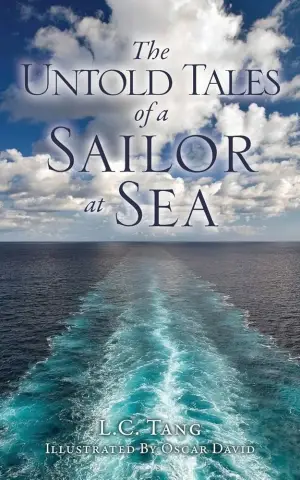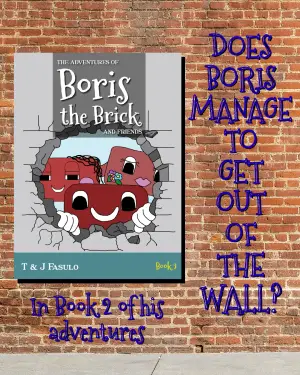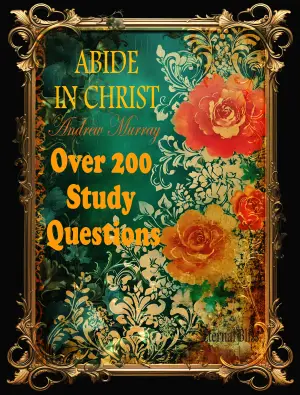Review of Essentialism: The Disciplined Pursuit of Less by Greg McKeown
As someone who often feels overwhelmed by the multitude of tasks on my plate, I was intrigued by Greg McKeown’s Essentialism: The Disciplined Pursuit of Less. The description, which states that “Essentialism isn’t about getting more done in less time. It’s about getting only the right things done,” resonated deeply with me. I was eager to explore a systematic approach to untangle my busy life and focus on what truly matters.
The book’s structure is straightforward, divided into four poignant parts: Essence, Explore, Eliminate, and Execute. McKeown masterfully delineates the distinction between what is genuinely strategic versus what is just noise that clamors for our attention. In reading, I found his insights—particularly the idea that “If you don’t prioritize your life, someone else will”—to strike a chord. It served as a valuable reminder that I need to be proactive in my choices rather than reactive.
One of the book’s significant positives is its clear and concise writing style. Short chapters make it digestible, allowing readers to absorb layers of information without feeling bogged down. The pacing is brisk, keeping readers engaged while effectively conveying critical life lessons. Many readers, like Tim Challies, appreciated how McKeown’s insights help in decluttering both our minds and our time. It’s a straightforward read filled with actionable steps, which I can genuinely appreciate, as it empowers me to think critically about where I focus my energy.
However, the book isn’t without its drawbacks. While I found it helpful, some readers noted that not all of the concepts translate seamlessly into practical applications. For instance, the effectiveness of essentialism varies from person to person. There are still times when my busy schedule would’ve hindered the application of McKeown’s recommendations, especially in high-stakes environments. Additionally, some might argue that McKeown occasionally strays into territory that feels almost too idealistic, especially when discussing the mindset of an Essentialist.
Yet, what truly resonates with me is McKeown’s central idea: defining what is essential in my life and eliminating the non-essentials. This intentionality, according to the book, leads to making smarter decisions about how to spend time on high-value activities—something that aligns perfectly with my ongoing quest for greater productivity without the overwhelm.
One detail worth mentioning from the book’s summary is that it includes a 21-day Essentialism Challenge in PDF format, which provides structured guidance for those ready to take the plunge. This added value serves as an excellent way to transform theory into practice, helping readers navigate through their personal and professional lives effectively.
In conclusion, Essentialism lived up to my expectations as a thought-provoking manual that encourages a more simplified approach to living. Despite some areas where practicality may feel thin, its core message remains powerful: focusing on fewer but more significant contributions can lead to a more fulfilling life. If you’re someone who often feels overcommitted and overloaded, this book is an excellent resource to help you reclaim control over your time and priorities.
I would recommend it wholeheartedly to fellow readers looking for clarity and direction amidst the chaos of modern-day living. Whether you’re an industry veteran or just starting your journey of personal development, McKeown’s insights provide a refreshing perspective that I believe could benefit anyone.








